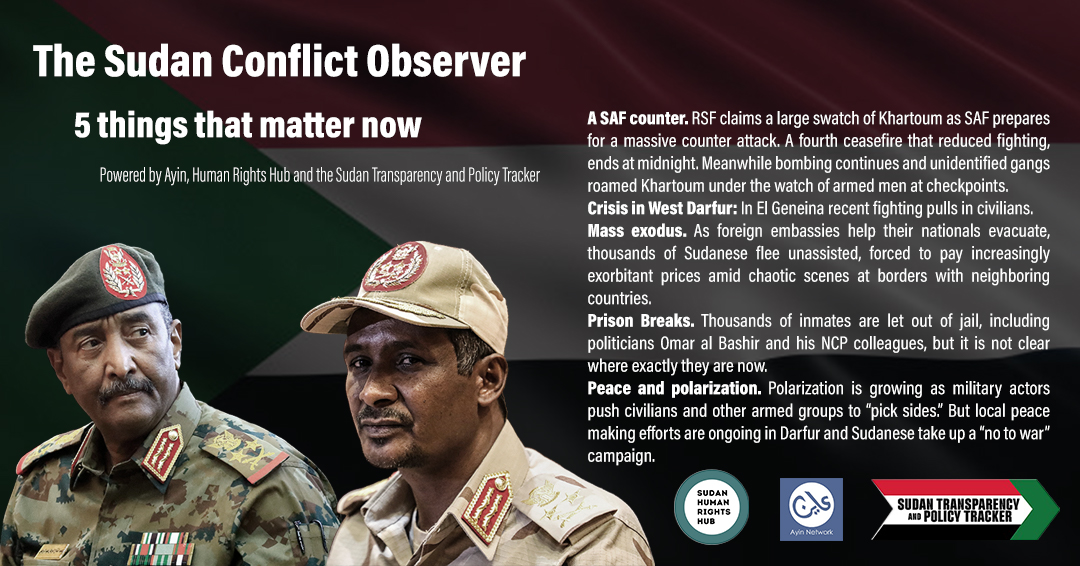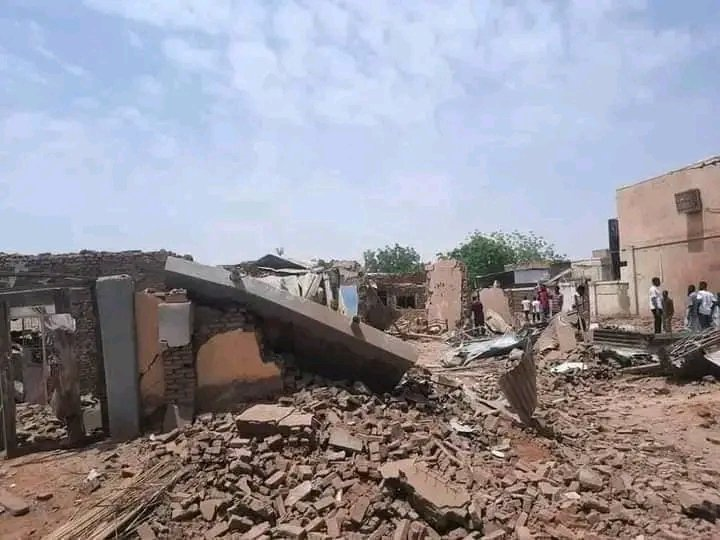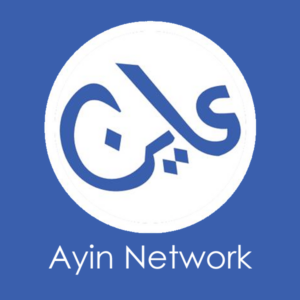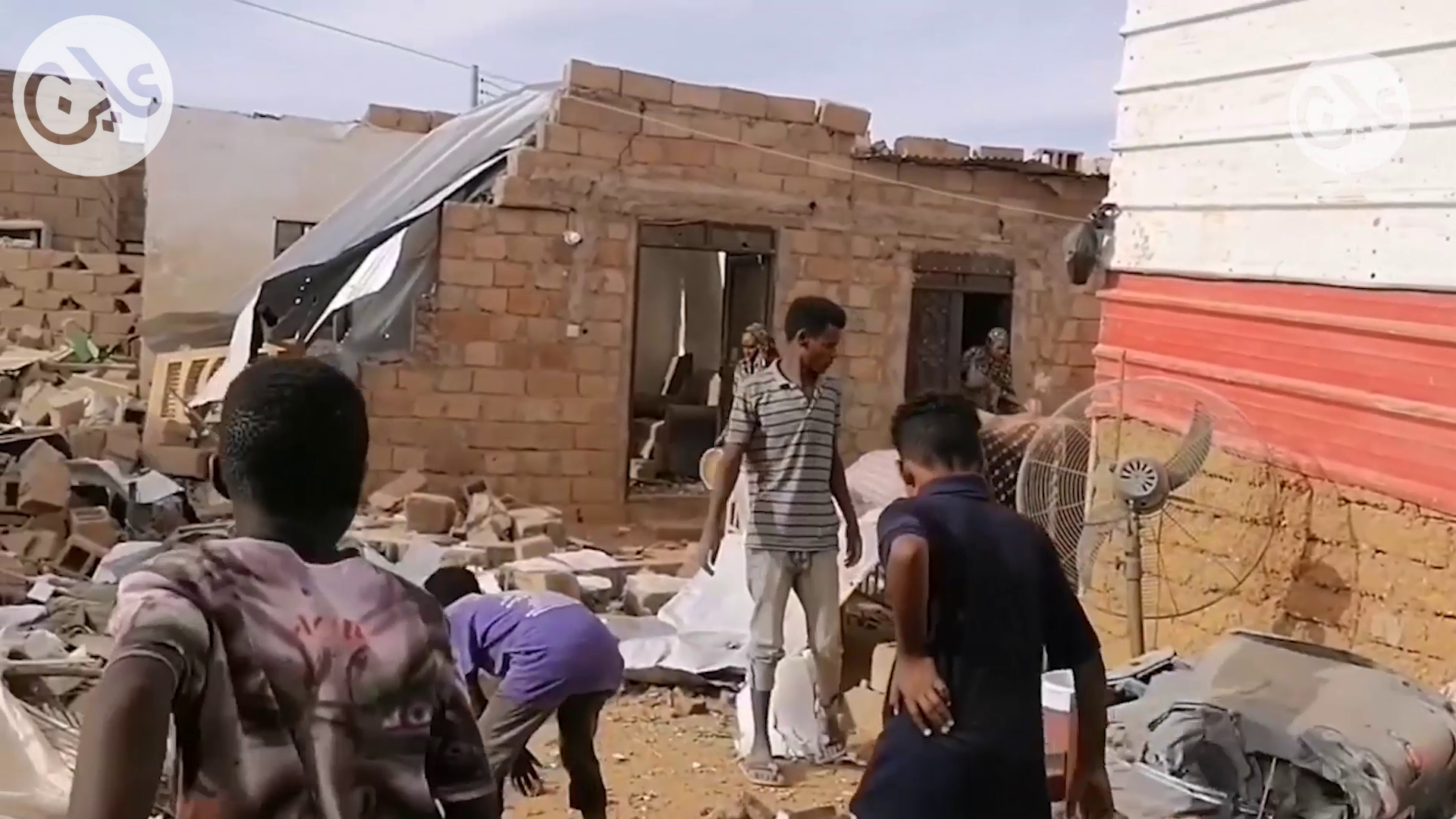The Sudan Conflict Observer – April 27 update
The SCO update is a rapid response to the expanding war in Sudan written through a peacebuilding, human rights and justice lens. Once a week, we try to capture the five most important stories in Sudan. Please share it widely.

Powered by Ayin, Human Rights Hub and the Sudan Transparency and Policy Tracker
- A SAF counter. RSF claims a large swatch of Khartoum as SAF prepares for a massive counter attack. A fourth ceasefire that reduced fighting, ends at midnight. Meanwhile bombing continues and unidentified gangs roamed Khartoum under the watch of armed men at checkpoints.
- Crisis in West Darfur: In El Geneina recent fighting pulls in civilians.
- Mass exodus. As foreign embassies help their nationals evacuate, thousands of Sudanese flee unassisted, forced to pay increasingly exorbitant prices amid chaotic scenes at borders with neighboring countries.
- Prison Breaks. Thousands of inmates are let out of jail, including politicians Omar al Bashir and his NCP colleagues, but it is not clear where exactly they are now.
- Peace and polarization. Polarization is growing as military actors push civilians and other armed groups to “pick sides.” But local peace making efforts are ongoing in Darfur and Sudanese take up a “no to war” campaign.

Major battle expected in Khartoum as ceasefires are broken and gangs roam. Clashes grow in Darfur
Since fighting erupted on April 15, SAF and RSF have violated at least four humanitarian ceasefires. While there has been some reduction in fighting during the latest ceasefire as city residents evacuate, observers worry that hostilities may intensify again and a new push by SAF in an attempt to achieve a decisive victory in Khartoum. With RSF fighters sheltering in civilian buildings the fighting may be more intense and concentrated than during previous phases with major property destruction expected.
The death toll has risen swiftly, with over 459 killed so far according to the World Health Organization, including aid workers and a diplomat. Both sides have been blaming the other for violating the ceasefire, with reports of SAF jets bombing and RSF using anti-aircraft weapons in various locations. The RSF and SAF have assaulted aid workers, foreign diplomats, and looted offices and homes. WFP staff were killed by militia alleged to be with RSF on April 15 in North Darfur, and an IOM staff member was shot dead in cross fire near El Obeid on April 21. In Nyala, South Darfur, the RSF looted extensively, targeting aid compounds and government offices. Both parties are accusing one another of using civilians as human shields.
The health system has collapsed with over 80% of facilities unable to function. Scores of hospitals and clinics have closed, others are out of supplies.
Civilians in El Geneina break into the police headquarters and take weapons in response to militia attacks, Radio Dabanga – April 24
Crisis in West Darfur
Clashes continue in Darfur, particularly in El Geneina in West Darfur, which has been the site of conflict since the 2019 – 2021 transitional period. In that period clashes between militia included both small clashes and large-scale military attacks on civilians, killing hundreds and resulting in the displacement of thousands of civilians. A full civil war, where civilians pick up arms as a response to the militarization of mainly Arab nomadic communities, loomed large.
On April 11, a few days before the war broke out between SAF and RSF, RSF-aligned militias attacked civilians leaving 31 dead in the Forbaranga area of West Darfur state. With the outbreak of the war on April 15, both SAF and RSF, along with local traditional leadership, agreed to a local ceasefire in El-Geneina. However, fighting resumed last week, with reported confrontations between SAF and RSF, drawing civilians into the fighting along ethnic lines. Scores have been killed and tens of thousands displaced. The number of victims is still unknown due to the evacuation of humanitarian organizations and the communications blackout, but available evidence points to a humanitarian catastrophe. The market has reportedly been looted and the hospital and key infrastructure damaged. Fighting, including use of heavy weapons, continued to be reported through publication of this update.
Ayin report “Searching for life – a large wave of displacement from Khartoum” – April 26
Mass exodus from Khartoum, but millions remain
As supplies dwindled amid water and power cuts and bank closures, thousands began to flee, on foot, car or bus to other cities in Sudan or neighboring countries. More than 20,000 have crossed the border into Chad. Tens of thousands have fled to Egypt and South Sudan. Many others have moved to calmer states in Sudan, such as Al Jazeera, River Nile, Red Sea, Al Gedarif and Sennar. In some places, humanitarian needs are putting pressure on communities, making the situation unsustainable.
The US, Germany, France, the Kingdom of Saudi Arabia, and other countries have been evacuating their citizens using various ports, including some airports that are still operational. Some Sudanese have been included, but most have fled on their own, with help from each other and resistance committees, without support from embassies. Some people, including school children, remain trapped in Khartoum. Many remain in Sudan despite the worsening humanitarian situation in the capital, the high prices, and the lack of humanitarian support. Resistance Committees have been the primary actors helping residents find medical and other support.
Ahmed Haroun, an ICC indicted former official in the Bashir regime, after being broken out of prison: “I left Kober prison with others and we will protect ourselves, preserving the nation’s entity takes precedence over any partisan or political project” – Al-Jazeera – April 26
Prison breaks: where are the most wanted?
On day eight, news broke that armed men had raided al-Huda prison in Khartoum, killing some guards and releasing prisoners, including Tupac, who was jailed on trumped-up charges accused of killing a police officer in 2019 and faced criminal charges and the death penalty. SAF accused RSF, which denied ordering the attack.
On day eleven, members of the National Congress Party (NCP) including Ahmed Haroun, Awad Eljaz, Nafei Ali Nafei, Ali Osman Mohamed Taha were reportedly released from Kober prison after inmates protested over lack of food and water. Omar al Bashir, Abdelraheem Mohammed Hussein, Bakri Hassan Salih were at the time under army custody in Omdurman’s Military Hospital. In a statement, SAF said it moved these leaders to another location for their protection. It is not clear where they all are.
Meanwhile Ahmed Haroun circulated an audio clip saying he would turn himself back in once the situation stabilized. He referred to the RSF as a tribal militia attempting to rule the nation, and urged support for the military.
Other prisons have also been raided by armed men or emptied by fearful prison guards, including in Darfur. Hundreds of female prisoners were released under heavy shelling, many of whom had been jailed unfairly under discriminatory laws.
Read Ayin’s full report “A truce for El-Fasher, a sigh of relief for doctors” – April 24
Peace and polarization
There are worrying signs the conflict is polarizing the political class and some debates have taken on an ethnic tone. While many political figures and the FFC are campaigning against war, taking the stand of neutrality, some commentators accuse them of actually siding with RSF in a bid to purge Islamists.
Others, including those previously critical of al-Bashir’s regime, now openly back SAF, saying they do not want “janjaweed” taking over the country. According to some reports, some SAF soldiers and civilians are unsure whether to continue supporting the SAF out of concern that they might be seen as supporting the NCP and Muslim Brotherhood, especially after Haroun’s statements.
These divisions are fueled by an aggressive dis-information and propaganda campaign online. The Islamists and RSF appear to be the most aggressive with experts saying thousands of bots are flooding Sudan’s digital space.
But there are also hopeful examples of local peacemaking efforts. In El Fasher, North Darfur, the governor and local leaders brokered a local ceasefire, raising hopes that other local deals might hold. In AlFasher and in Nyala, South Darfur, local initiatives have also reportedly helped reduce violence. In Western Kordofan, there were reports that Misseriya had opted out of the fighting, although other reports have indicated that they are joining with the SAF. In Al Daien, South Darfur, efforts by the Rizeigat leader reportedly helped prevent conflict from reaching the town.
Activists, human rights defenders and various political parties have launched an online “No to War” campaign, urging both warring parties and civilians to join. Sudanese civil society and diaspora have launched campaigns to urge international actors to support an immediate ceasefire, humanitarian corridors and safe zones, to be supervised by neutral Sudanese and international parties.
In addition, some Sudanese humanitarian professionals have come together to develop the “safe passages” initiative, designed to advocate for a humanitarian ceasefire and increased aid into Sudan.
More from our partner organizations:
SUDAN TRANSPARENCY AND POLICY TRACKER
Sign up to the Sudan Transparency and Policy Tracker newsletter here
- Urgent action needed to preempt Sudan’s descent into civil war April 2023
- A Political Process Besieged April 2023
- STPT Monitor Issue No 3 March 23, 2023
AYIN NETWORK 


